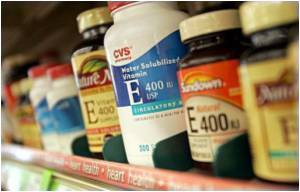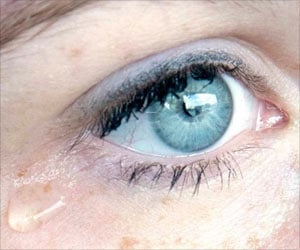Vitamin E can help treat nonalcoholic steatohepatitis (NASH), an obesity-associated chronic liver disease that can lead to cirrhosis, liver cancer, and death, according to a new study.

The government-funded multicenter study was organized by the Nonalcoholic Steatohepatitis Clinical Research Network of the National Institute of Diabetes and Digestive and Kidney Diseases, and is the largest ever placebo-controlled randomized trial of treatment for NASH. Results are published in the April 28 online edition of the New England Journal of Medicine.
Beginning in the late 1990s, study of vitamin E for NASH was pioneered in pilot trials by Dr. Joel Lavine, now a faculty member in the Department of Pediatrics at Columbia University College of Physicians and Surgeons and chief of gastroenterology, hepatology and nutrition at NewYork-Presbyterian/Morgan Stanley Children's Hospital.
esearchers followed patients at nine centers, including the University of California, San Diego, where Dr. Lavine was previously on faculty.
"There is an increasing prevalence of nonalcoholic steatohepatitis in this country, something that is directly related to the obesity epidemic," says Dr. Lavine, co-chair of the Network's steering committee and a co-author of the study. "The good news is that this study showed that cheap and readily available vitamin E can help many of those with the condition. We also looked at the drug pioglitazone, which showed some benefits, although not as dramatic as with vitamin E."
Dr. Lavine cautions that there are risks with any therapy, even vitamin E, and all treatment should be done under medical supervision. "Individuals who are overweight or have a family history of liver disease should ask their doctor to be tested for the condition. In addition, physicians should be aware that liver enzyme levels considered normal are actually elevated."
Advertisement
After 96 weeks of treatment, vitamin E improved all features of NASH with the exception of the amount of scar tissue in the liver; 43 percent of those treated with vitamin E met the primary endpoint of the trial, which was a composite of the scores for several features of NASH indicative of disease activity, compared with only 19 percent of those who received a placebo.
Advertisement
Source-ANI
SRM














